California’s bold step to elevate the minimum wage for fast-food workers to $20 per hour was meant to shrink wage gaps.
Unfortunately, it’s also triggering job cuts and price spikes, casting a shadow over many Californians’ lives.
Californians Dreaming of Moving Out

The Golden State, with its steep taxes and soaring living costs, is seeing residents pack up and head out.
In just three years, a net of 1.2 million people have left, more than any other state, even outdoing New York.
Paying More for Power
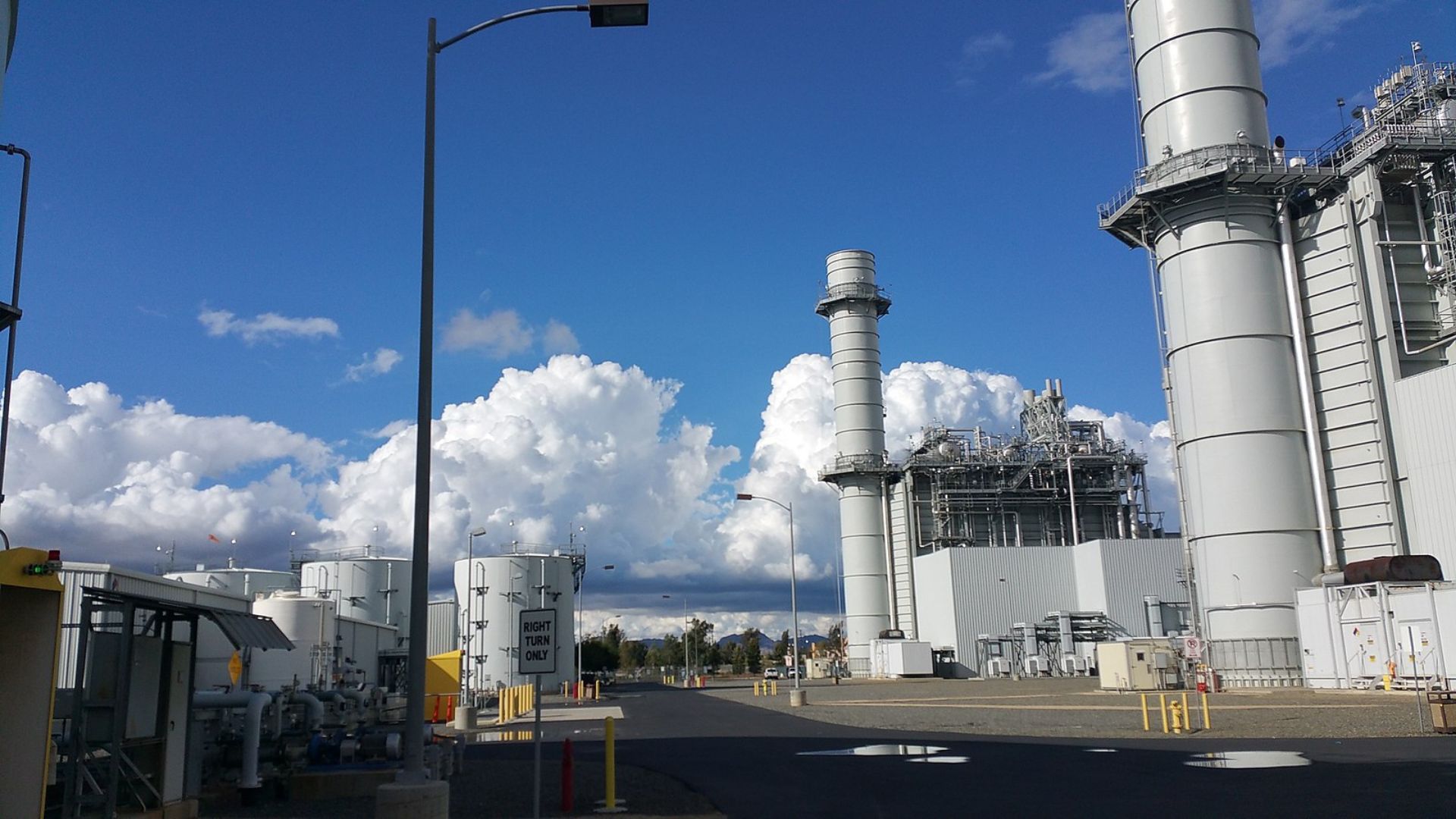
Commitment to sustainable “green” energy has pushed California’s utility rates to one of the highest in the nation.
New surcharges are hitting middle-class pockets hard, charging more regardless of actual energy use.
The High Cost of High Regulation
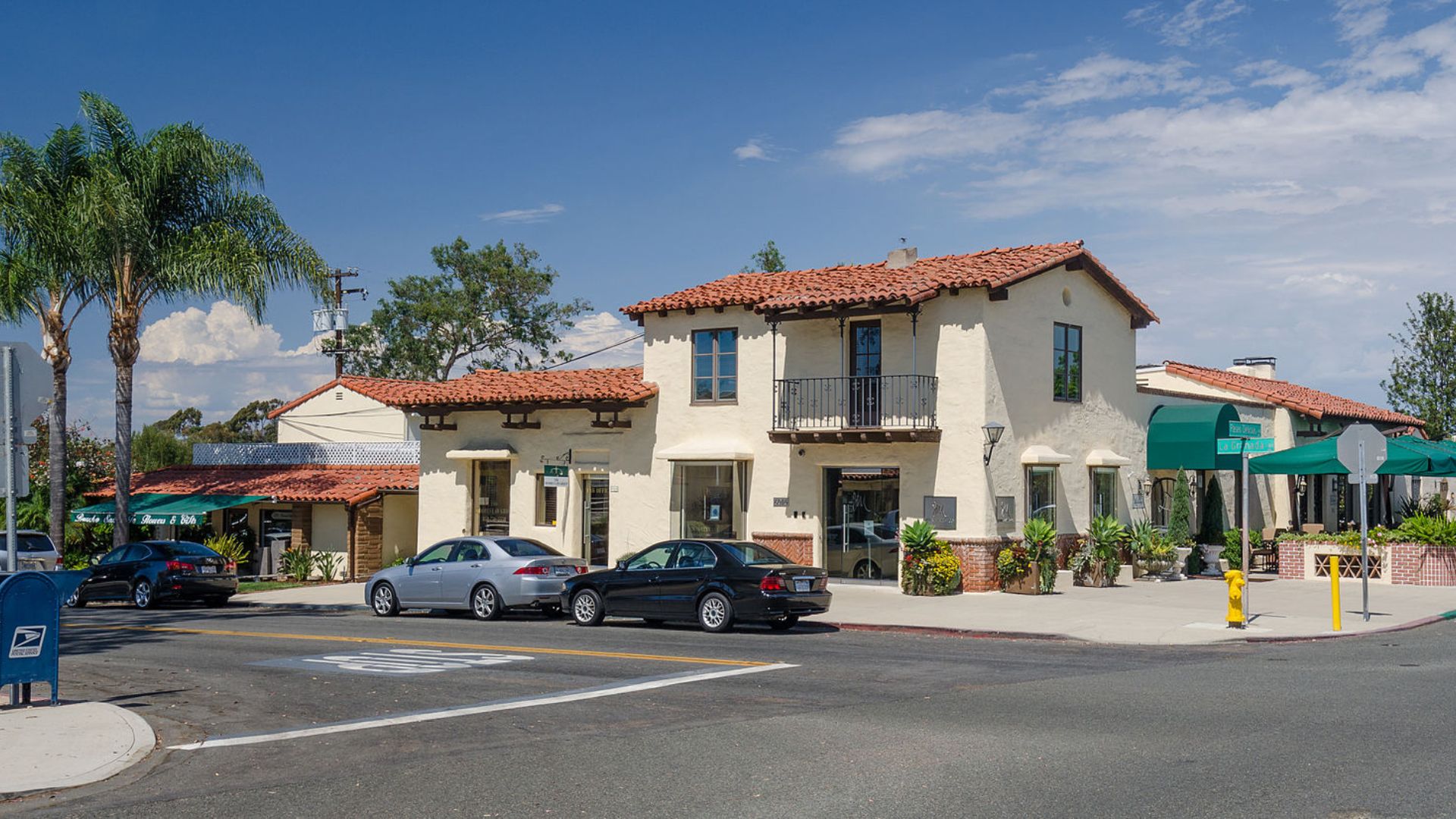
California’s heavy hand in taxation, spending, and regulation is proving costly.
The past three years have seen a massive exodus of 1.2 million people, a clear sign of frustration with the state’s handling of economic policies.
Fast Food, Fast Layoffs

The recent minimum wage increase was supposed to ensure fair wages from corporations to their employees.
Instead, it’s forcing fast-food operators to halt hiring and start layoffs, struggling under the weight of these new financial pressures.
Robots Taking Orders Now
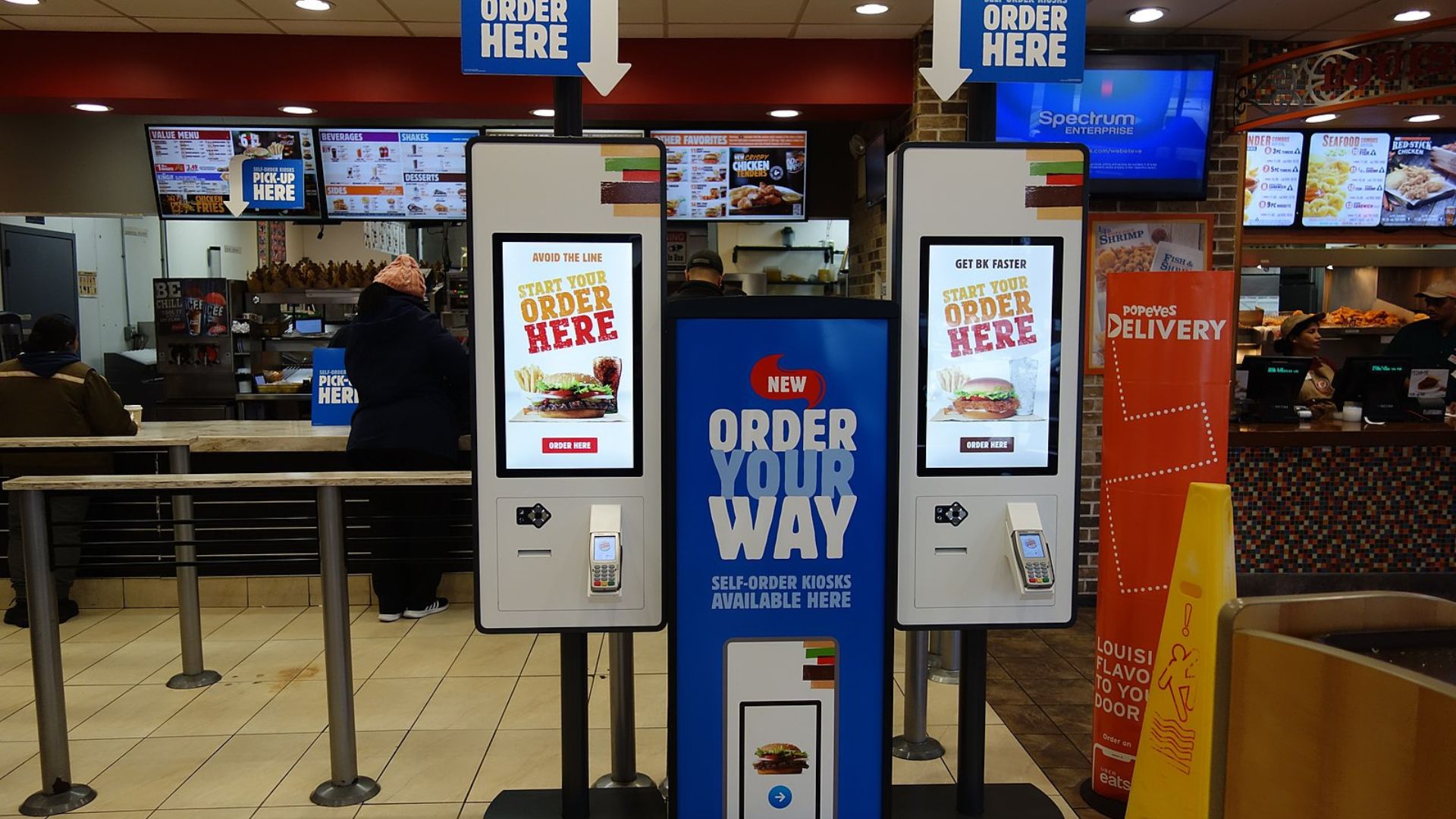
The rising cost of employing people has prompted major fast-food chains like Burger King and Jack in the Box to embrace automation.
This tech shift is phasing out many traditional jobs in the industry across California.
When Machines Serve Dinner
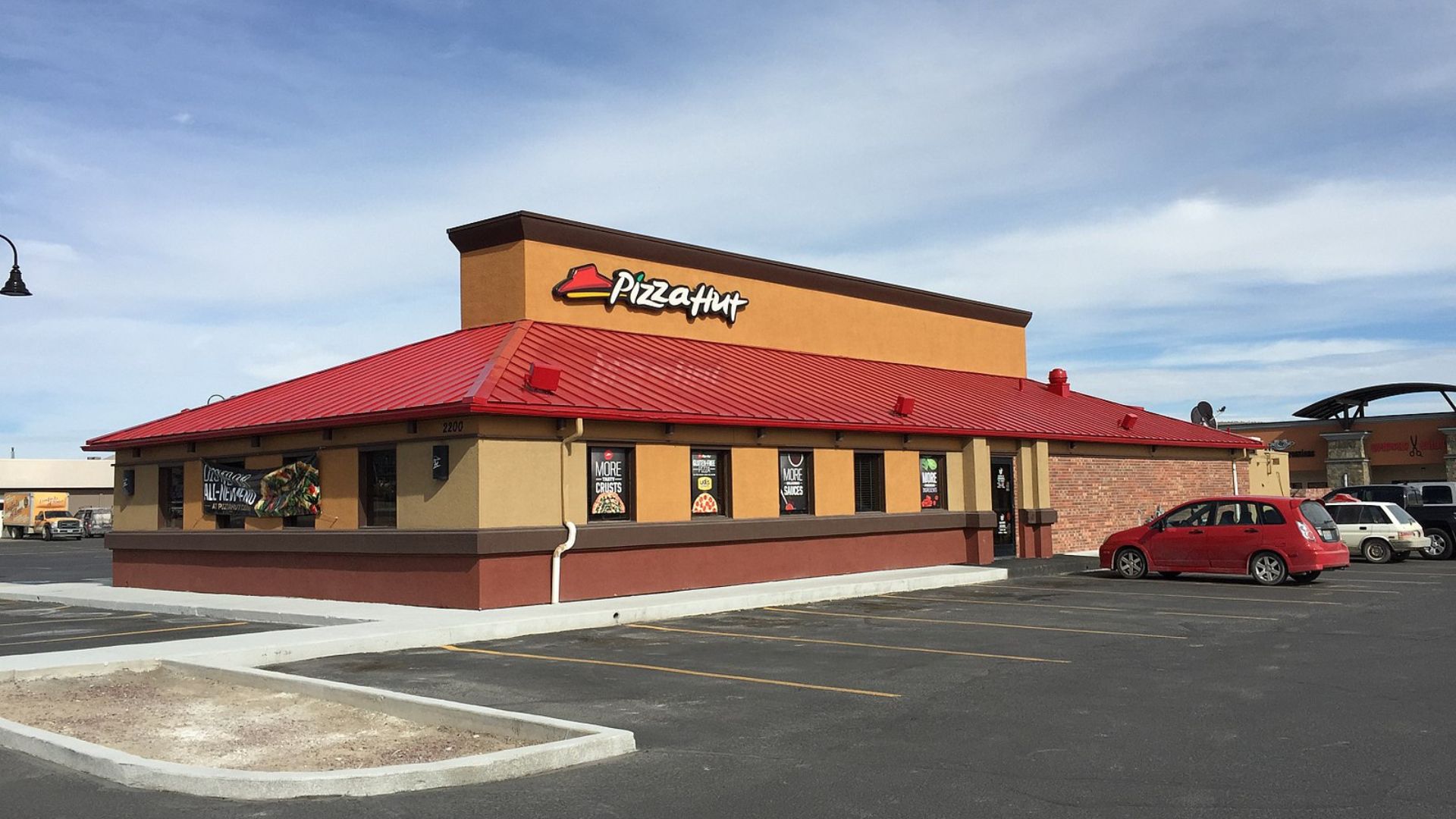
The fast-food industry is cutting jobs, with over 1,100 positions slashed at Pizza Hut and Round Table Pizza alone.
This has led to a surge in reliance on food delivery apps, complicating matters with additional regulatory challenges.
A Gap in Understanding

There’s a growing concern that the politicians pushing for higher wages don’t quite grasp the economic fallout.
Fox News notes that their lack of direct business experience is suspected to be a blind spot that’s worsening the impact of these policies.
A Tough Break for Low-Income Earners

The hike in the minimum wage was intended to lift up workers, but it’s hitting lower-income families the hardest.
Fox News reports that they’re facing not only job scarcity but also rising prices at their favorite fast-food spots, tightening the financial squeeze.
$20 an Hour: A New Barrier
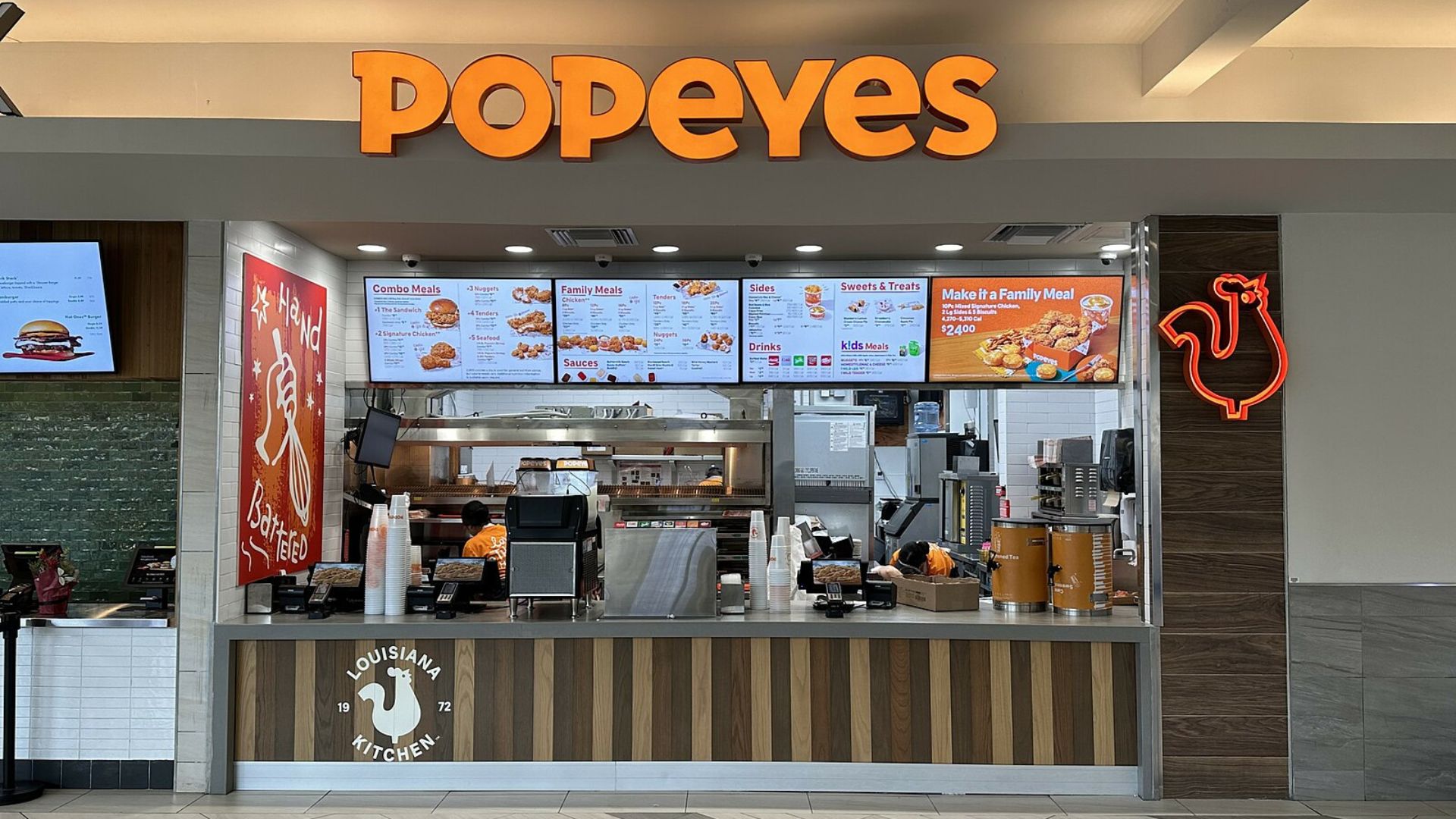
By setting the minimum wage at $20, California is inadvertently curtailing job opportunities for lower-wage sectors.
Affected workers are finding themselves having to move out of state, work off the books, or turn to welfare, according to Fox News.
Rising Wages, Vanishing Jobs
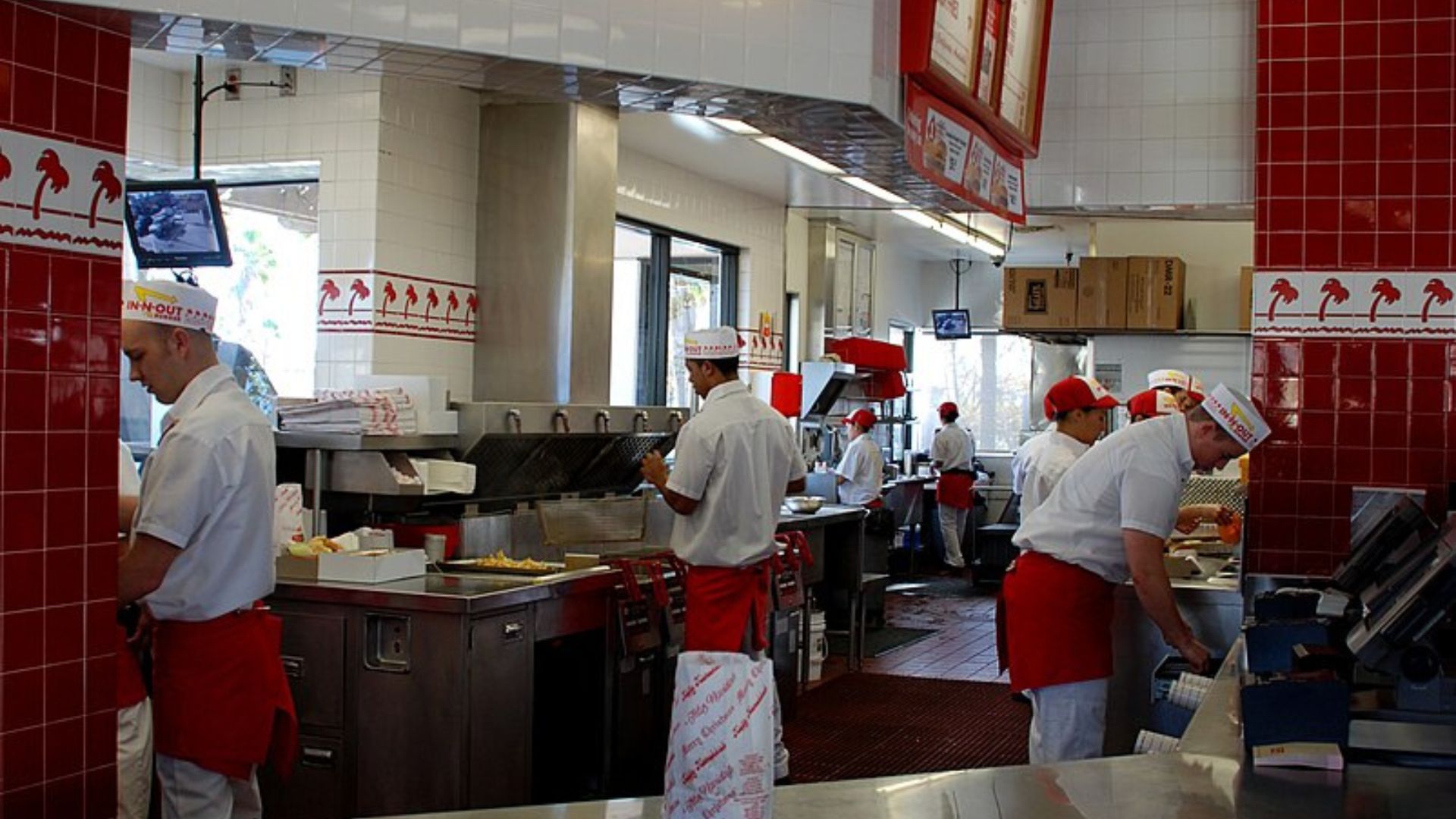
The Fast-Food Council’s authority to increase wages by another 3.5% each year could eventually price out fast-food jobs altogether.
This continuous escalation is setting a precarious path for the industry’s future workforce.
Economic Strategy Under Scrutiny

Stuart Varney of ‘Varney & Co.’ points out that California’s mix of high taxes, climbing poverty, and strict environmental rules is dimming Governor Newsom’s national reputation.
The effectiveness and impact of these policies remain hot topics, sparking ongoing debates about the state’s economic health and its residents’ welfare.
Economic Diversification in California

As California’s traditional industries face economic shifts, new sectors such as tech startups and green energy are gaining traction. This diversification could potentially buffer the negative impacts of recent wage hikes and regulatory challenges.
By broadening its economic base, California aims to stabilize job growth and create new opportunities that could offset the ongoing departure of residents and businesses.
Challenges for Small Business Owners

Small business owners in California are particularly hard-hit by rising operational costs. Local business owners are struggling to adjust to higher wages, with some considering relocation or closure.
These stories underscore the broader impact of economic policies on the backbone of California’s local economies.
Wage Policy Impact: A Comparative Look
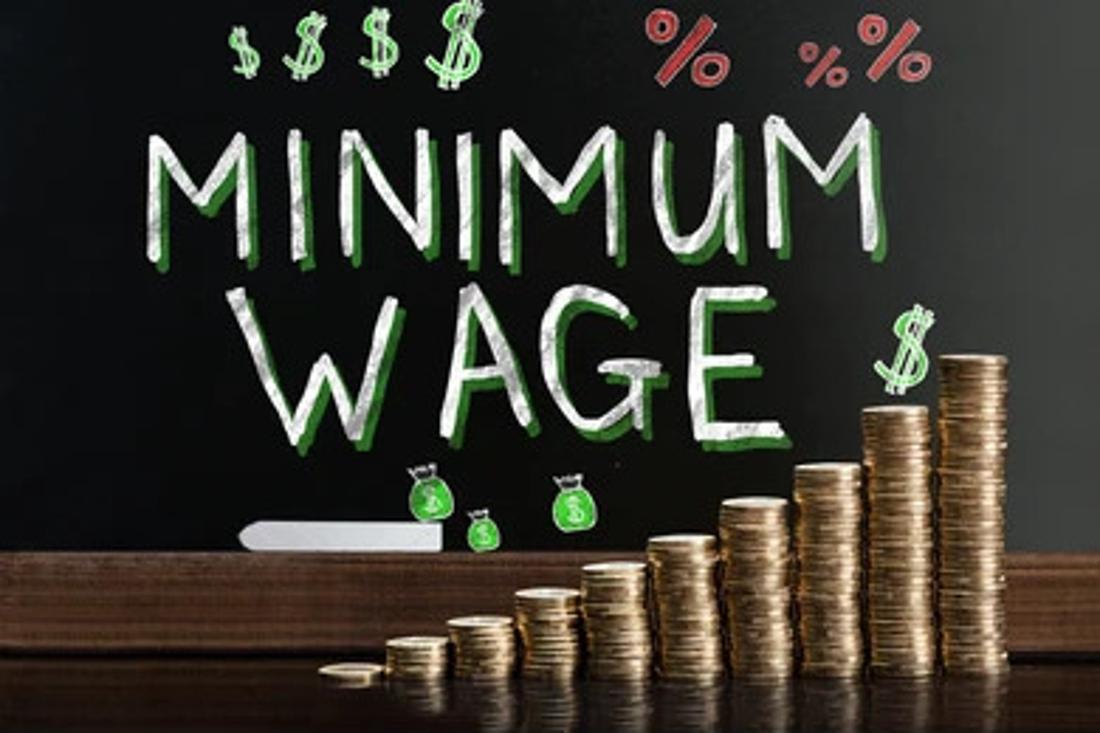
Analyzing other states with similar wage increases shows a mixed bag of outcomes. In Washington, a gradual wage increase has been absorbed with minimal job losses, unlike California’s sudden hike (via Fox 59).
This comparison suggests that the pace and scale of wage changes can significantly influence their economic impact.
Gig Economy: A New Frontier

With traditional job opportunities dwindling, more Californians are turning to gig work. This shift is redefining labor markets and worker rights, raising questions about long-term economic stability and the adequacy of worker protections in gig roles.
The rise of the gig economy reflects a significant adaptation to the state’s economic landscape.
Beyond Fast Food: Automation’s Reach

Automation is extending beyond fast food into sectors like retail and manufacturing (via Podium). This trend is reshaping the job landscape, pushing workers to adapt to new technologies and skill sets.
The broad adoption of automation technologies highlights a key strategy for businesses coping with rising labor costs.
Consumer Spending Shifts

Economic pressures are leading to noticeable changes in consumer behavior. Shoppers are cutting back on non-essential expenditures and gravitating towards discount brands and budget shopping options (via CNBC).
These shifts in consumer habits are having ripple effects across local businesses and service industries.
Housing Market Adjustments

Despite wage increases, California’s housing market continues to challenge residents (via ManageCasa), with prices still out of reach for many.
Higher wages have not eased the housing crisis as expected, complicating the economic equation for workers across the state.
Education and Economic Strain

The economic strain in California is affecting educational pursuits, with more students relying on loans and altering their career paths (via EdSource).
Changes in enrollment and course selection at universities reflect broader economic uncertainties, affecting future workforce development.
Public Health and Economic Stress

The economic policies in California could also be contributing to increased public health issues, including higher stress and limited access to healthcare among lower-income groups.
The interplay between economic strain and health outcomes is becoming a critical area of concern for policymakers.
Political Response to Economic Issues
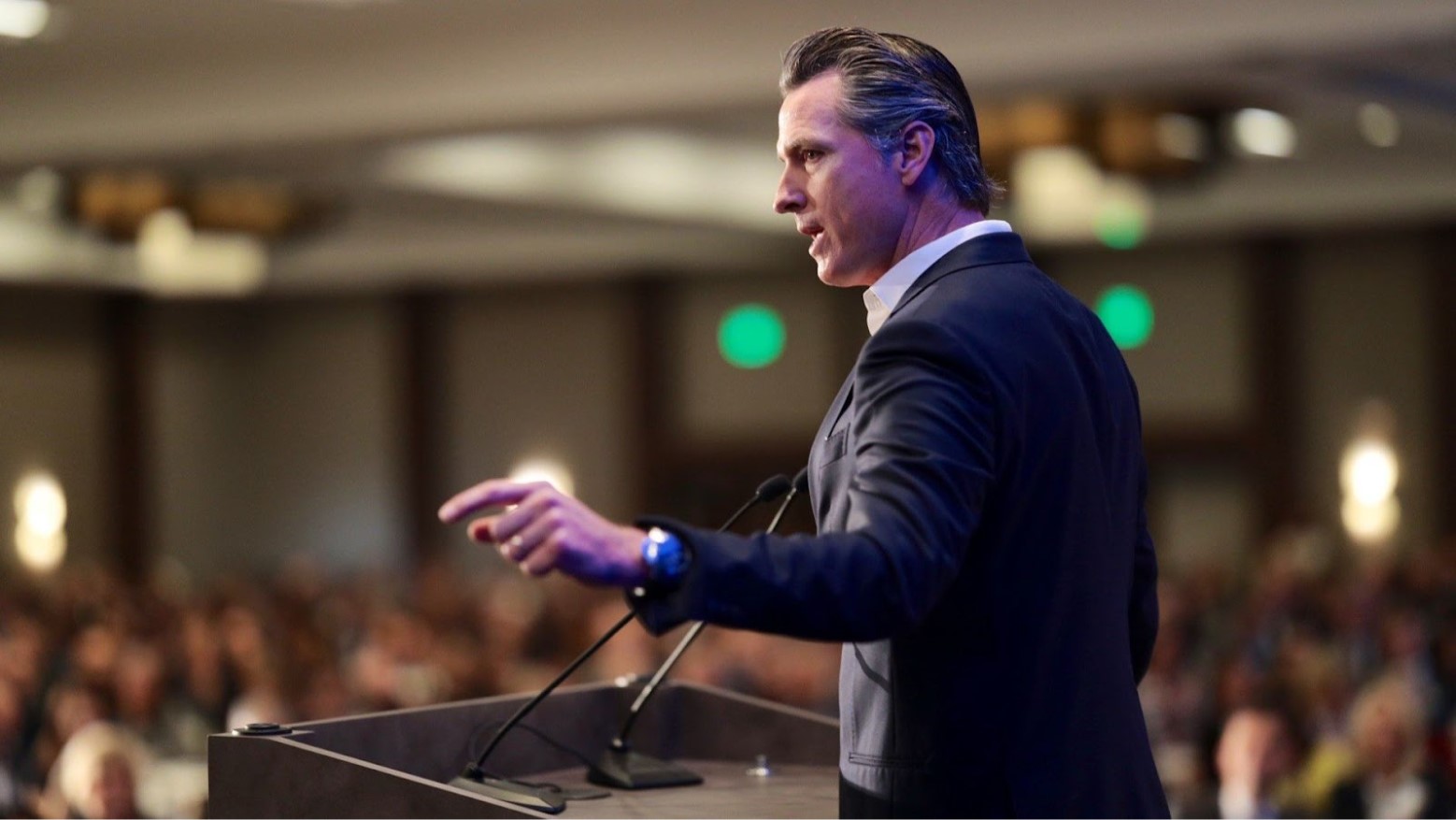
In response to these economic challenges, California’s political leaders have proposed various solutions and policies. Some advocate for increasing the minimum wage or providing more affordable housing options, while others focus on job creation and improving access to education.
The debate over which approach is most effective continues, with differing opinions from both sides of the political spectrum.
Impact on Immigrant Communities

California’s immigrant workers are disproportionately affected by the economic changes (via the California Budget and Policy Center). Many are facing job scarcity, reduced access to social services, and increased community pressures.
This group’s challenges highlight the need for targeted support and inclusive economic policies.
California’s Economic Forecast

Long-term projections for California’s economy suggest that ongoing wage increases and stringent regulations could lead to further industry shifts and job market adjustments.
Policymakers must navigate these challenges carefully to maintain economic growth and stability in the coming decade.
